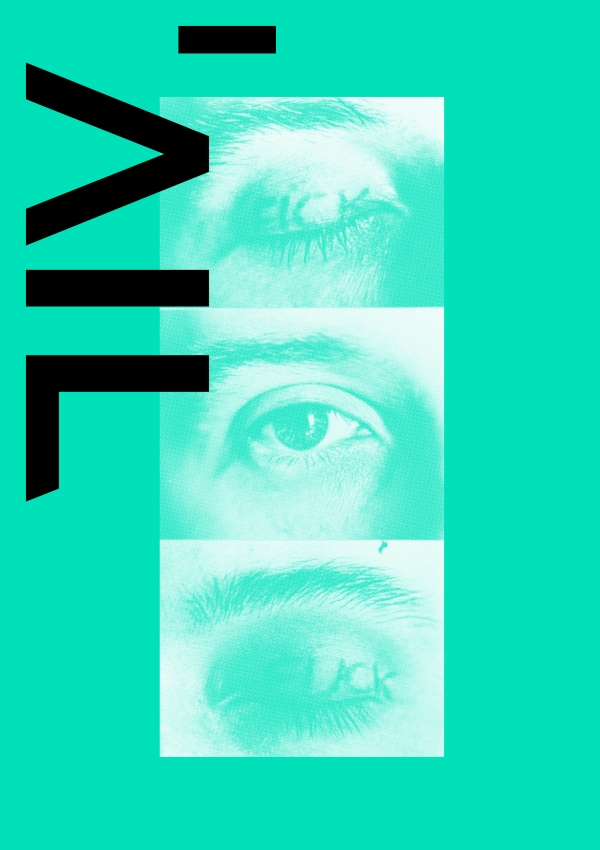Attention turns particularly to Weibel’s earlier years, when sculptural inquiries merged with performance, film,
and written language. That early period reveals a restless movement across mediums and media, driven by a desire to test the
limits of perception and to upend disciplinary borders.
The presentation highlights the entwined currents of politics,
sexuality, and playfulness that animate Weibel’s experiments. Performative actions, text works, and spatial propositions from
Weibel’s early practice appear alongside the works of the participating artists. These juxtapositions are not structured as
reflections or responses. Rather, they allow for a set of overlapping gestures, divergences, and refusals. The exhibition
stands as an open field where inquiry coexists with irreverent disruption, underscoring how creative freedom remains inseparable
from sociopolitical stakes.Artists: Morehshin Allahyari, Nancy Baker Cahill, Lynn Hershman
Leeson, Jakob Lena Knebl, Rafael Lozano-Hemmer, Thania Petersen, Eva Schlegel, and Peter Weibel
Curated by Valerie
Messini and Brooklyn J. Pakathi
Additional programme:
Talking
Through Weibel, 14 November 2025
About the Weibel Institute for Digital Cultures: The Weibel
Institute for Digital Cultures is a space for intervention, investigation, and experimentation within the expansive disciplines
of arts, science, and technologies. Based at the University of Applied Arts Vienna, the institute critically engages digital
and algorithmic cultures. Building on the rich heritage of Viennese investigations into cybernetics, net cultures, media art,
and tactical media, the institute serves as a vital node within a global network of research institutions on digital cultures.
About Peter Weibel: Peter Weibel (5 March 1944, Odessa – 1 March 2023, Karlsruhe) was an Austrian
artist, curator, and art- and media theorist. He is perhaps best known internationally for serving as director of the ZKM
(Zentrum für Kunst und Medien in Karlsruhe), which he led from 1999 to 2023, transforming it into a globally influential laboratory
linking art, science, and society and staging landmark projects. In this position he started to reframe debates on images,
democracy, data, and ecology.
In 2017, following his donation of a substantial part of his archive to the University
of Applied Arts Vienna, the Weibel Institute for Digital Cultures was established with Weibel as founding director.
Even
while mostly based elsewhere, Weibel remained a distinctly Viennese figure – woven into the city’s culture and memory. From
the 1960s, Weibel’s ties to Vienna run through study, debate, teaching, and institution-building, culminating in his resting
place: in 1964 he studied at the University of Vienna (initially medicine, then mathematics with a focus on logic); in 1968
he participated in the famous action
Kunst und Revolution at the University of Vienna; from 1976 he taught
at several institutions including the University of Applied Arts Vienna, where he was appointed Professor für Visuelle Mediengestaltung
in 1984. Between 1968 and 2014 he showed his work in various (twelve) exhibitions, founded the
Hotel Morphila Orchestra and
was appointed the curator for the Austrian Pavillon at the Venice Bienniale for several years (1993,1995,1997,1999). Part
of his work is preserved in the Weibel-Archiv at the Kunstsammlung und Archiv at the University of Applied Arts in Vienna.
The state of Austria paid tribute to him by dedicating an honorary grave at the Wiener Zentralfriedhof.




